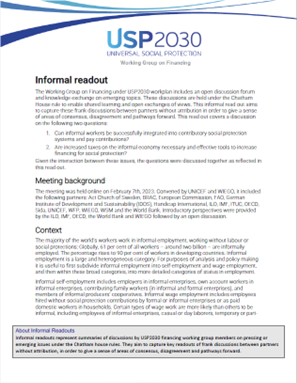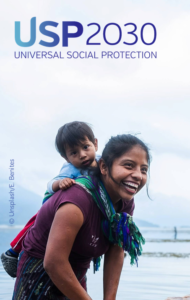USP2030 FINANCING SOCIAL PROTECTION WORKING GROUP
The Challenge
The COVID-19 pandemic triggered an emerging global economic crisis with severe, long-lasting detrimental socio-economic impacts. Deeply diverging recoveries that the world now witnesses pose significant risks of increased poverty, inequalities, unemployment, and social unrest across the world, thus making the world even more vulnerable to future crises, including climate change.
The pandemic also emphasized the central role of universal social protection in protecting against shocks and served as a wake-up call to accelerate efforts to increase the robustness and preparedness of social protection systems and administrations to anticipate, take early action and respond quickly and adequately to those risks.
However, there continue to remain high coverage gaps, lack of preparedness, and inadequate levels of social protection coverage within many countries and regions. 4.1 billion people are still deprived of their right to social security, and only one in four children have access to any form of child or family benefit.
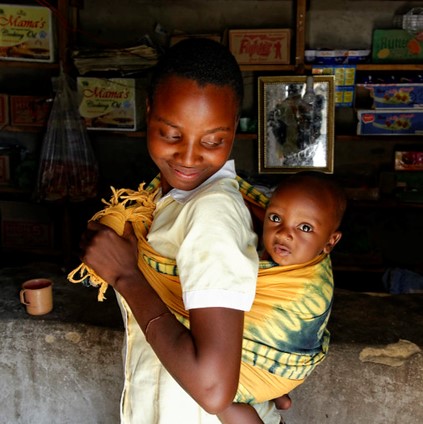
While many governments did increase investment in social protection during the pandemic, evidence shows that many of these measures were temporary and insufficient, and responses were highly uneven across countries. The large disparity in social protection coverage is underpinned by widespread gaps in financing. A recent ILO report estimates that developing countries would need to invest an additional USD 1.2 trillion– equivalent to 3.8 per cent of their average gross domestic product (GDP) annually – to close the massive social protection financing gap and ensure minimum income security and access to health care for all.
In light of these massive challenges, the 2nd USP2030 Membership Assembly in March 2021 took place in the midst of the COVID-19 crisis. Following a panel discussion on Sustainable, adequate and innovative sources of financing for universal and adaptive social protection, USP2030 members called for the creation of a Financing Social Protection Working Group. In line with the Steering Committee’s directions, the working group was launched on 6 December 2021.
Objectives
The objective of the working group is to ensure close coordination with existing initiatives and discussions, such as in the UN and G20, to create synergies, bring country and constituency perspectives in shaping agenda, and discuss and address most pressing topics and questions relevant to social protection financing.
To achieve this, the group will serve the following three functions:
- Serve as a platform for evidence-based conversations on different perspectives on different perspectives and approaches to financing social protection, aiming to find commonalities, understand differences and forge consensus; Topics
- Promote further collaboration among members who could support analysis, conferences, training or other work led by member(s), through inputs to the Terms of Reference, outlines, and draft reports and other documents; Governance
- Develop joint position papers, analytical papers or publications, potentially followed by dissemination events. Resources
TOPICS
The group will work on both domestic resource mobilization and international financing (and the international financial architecture more broadly), as well as the link between the two (governance), with a strong focus on human rights instruments and principles and international social security standards. Specific topics could include, but are not limited to:
Domestic resource mobilization and spending:
- Financing social protection through various options, including (i) taxation, including building progressive tax systems and strengthening their administration; (ii) social security contributions, including in the context of the formalization of enterprises and employment; and (iii) improved spending efficiency
- Political economy questions related to financing and spending on social protection
- Redistribution, equity and adequacy of tax-benefit systems (including social security contributions)
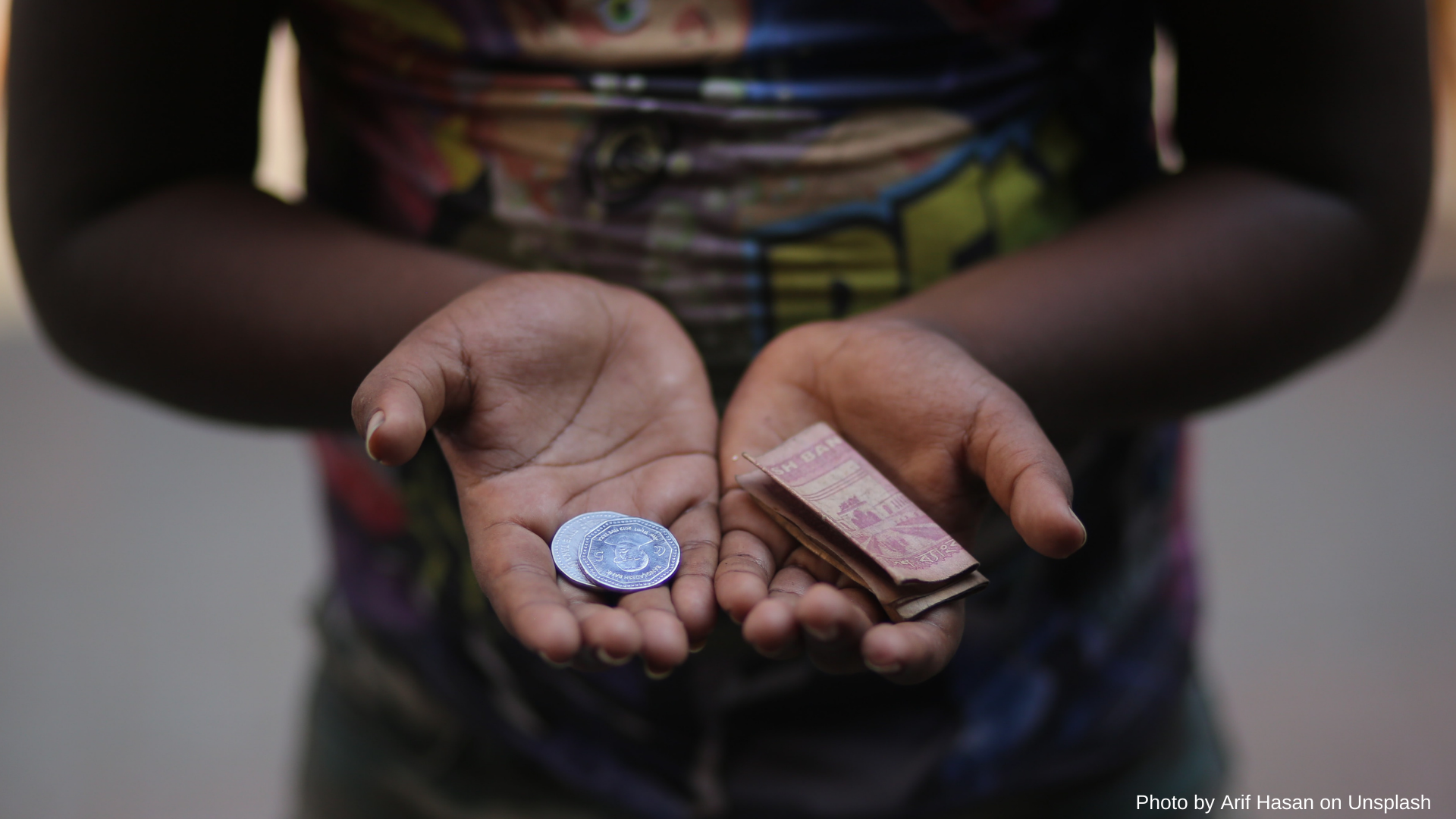
International assistance and cooperation:
-
- Supporting and complementing domestic efforts through (i) technical assistance and (ii) financial assistance, including through debt restructuring or new international mechanisms
- Creating an enabling environment, including by combatting illicit financial flows and tax evasion and taming tax competition
Coordination and planning/governance for sustainable social protection financing
-
- Strengthening national ownership through national social protection policies and strategies
- Ensuring participation of right-holders (beneficiaries) in the design and implementation of social protection financing, and accountability of authorities
- Coordination of national and international as well as public and private actors around Sustainable Development Goals through Integrated National Financing Frameworks (INFFs), and mapping social protection strategies into medium-term fiscal frameworks
- Creating synergies between social protection and public finance management overall, as well as with other economic and social policies, including fiscal, employment, formalization, education, health policies, and so on
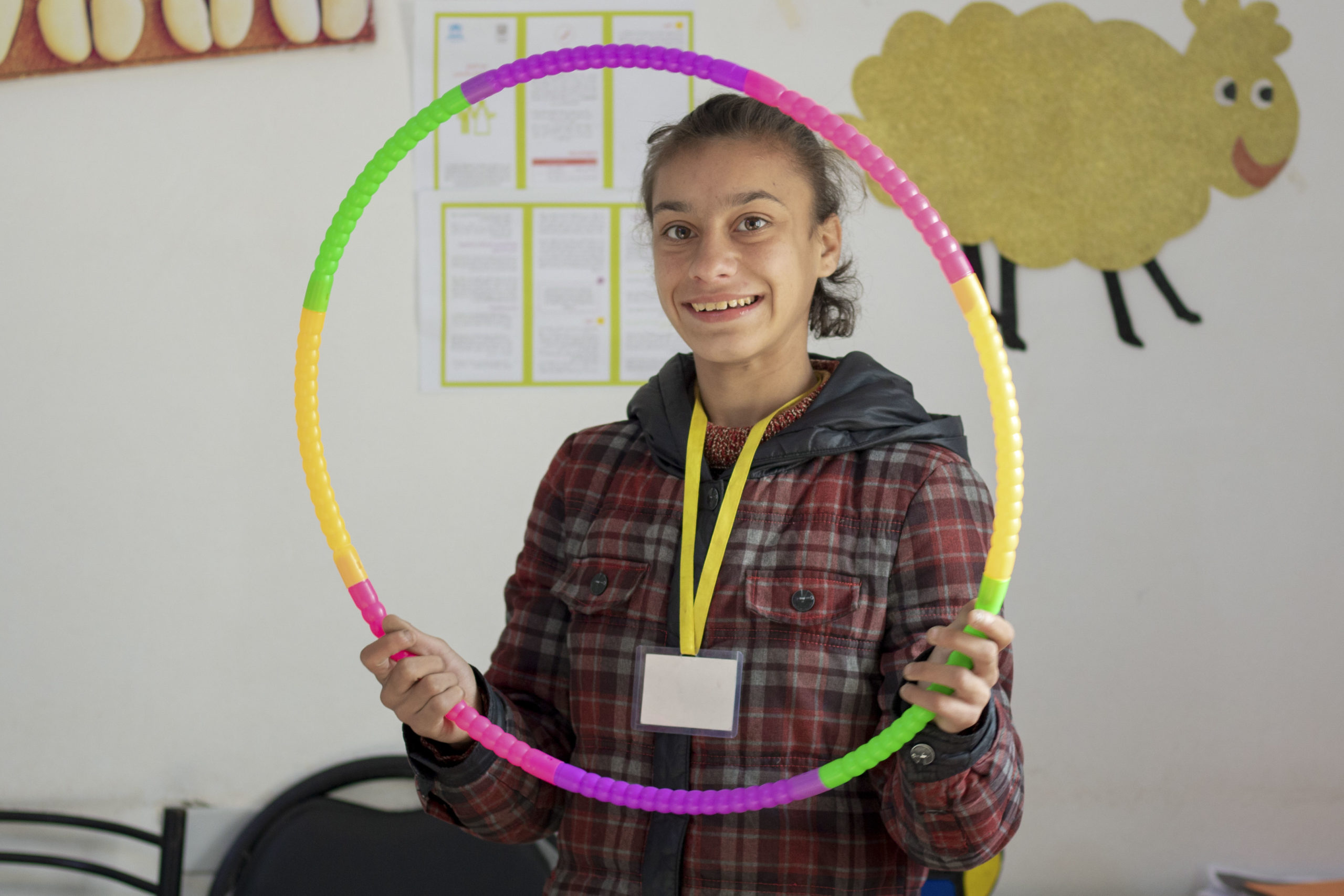
Human rights-based approaches, principles and international social security standards
While a rights-based approach in line with human rights instruments and social security standards has cross-cutting importance across topics, some of the discussions/products could also have a specific focus to mainstream the issues.
Governance
Chairs: The working group is currently co-chaired by UNICEF and WIEGO, with support by the USP2030 Secretariat, ILO and World Bank. The working group chairs are responsible for the overall organization of activities and for managing the membership of the working group.
Members: In addition to members already present in USP2030, the working group aims to actively involve decision-makers from the Global South, with representatives from both line ministries and ministries of finance; representatives from development banks; as well as the continued participation of a representative from the International Monetary Fund and the UN Special Rapporteur on Extreme Poverty and Human Rights.
Working method: The concrete working methods are (i) discussion as groups and (ii) output-oriented task teams. Task teams will form on an ad-hoc basis in line with members’ interest to work on agreed outputs.
Decision-making: In line with the USP2030 commitment to representation and inclusivity, the working group follows a consultative process to reach agreements on positions and products and takes decisions based on consensus. In the event that a consensus cannot be reached, decisions will be taken by a two-thirds majority.
Reporting to USP2030 Steering Committee: In line with the guidelines for USP2030 working groups, the working group provides regular updates to the Steering Committee regarding their work and reports on it during the annual Membership Assembly.
RESOURCES
Getting involved
To obtain more information or to get involved, please contact us at financing@usp2030.org

